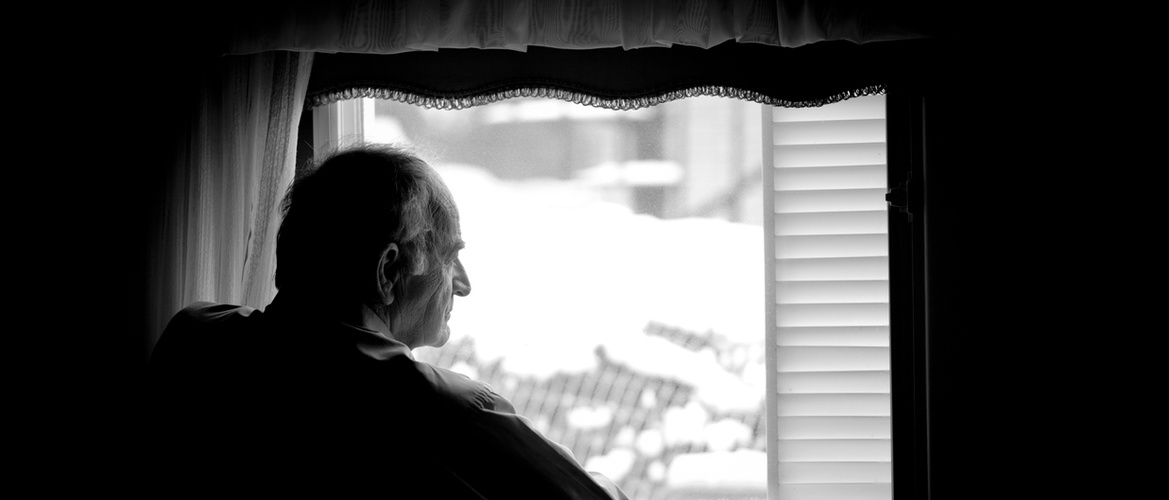
Choose a channel
Check out the different Progress in Mind content channels.

Progress in Mind

The complexities of preventing and managing infection are multiplied in people living with dementia. Problems with memory and understanding limit self-care, while the proximity of carers pose additional risks. In patients who become critically ill, delirium may exacerbate dementia.
In the UK, 1 in 6 people with dementia are over 80 years old.1 The mean age at onset of motor symptoms of Parkinson’s disease (PD) is around sixty years.2 Unexpectedly, the number of comorbidities rises steeply with age, with 45.7% of people aged 65 and over suffering with two or more comorbidities.3
So it is clear that people with these forms of neurodegenerative disease – and especially those with dementia – have a high age-related risk of developing complications from COVID-19 infection, and hence a high risk of hospitalisation and need for intensive care.
Double hit
With 50 million people in the world having dementia,4 and with the global total of known COVID-19 cases rocketing to over 5.5million on a rapidly accelerating curve,5 we have an unfortunate conjunction of challenges.
Wang et al6 have recently given the situation a sober appraisal. Their letter to The Lancet identified many factors that pose particular problems for people with dementia, including those that don’t reside in a nursing home:
Although to a lesser extent, similar considerations apply to elderly people with advanced PD. Lack of contact with physiotherapists and the inability to take recommended outdoor exercise are specific problems.
Sources of support
Recent experience in China suggests the importance of multidisciplinary working, of making counselling available to carers, and of the remote delivery of stress reduction programmes such as relaxation and meditation.6
Resources to help cope with the COVID-19 emergency have been developed by the American Academy of Neurology.7 These cover recommendations on the implementation of telemedicine, including how to perform a remote neurological exam. There is specific advice on telemedicine for PD, and a live demonstration.8